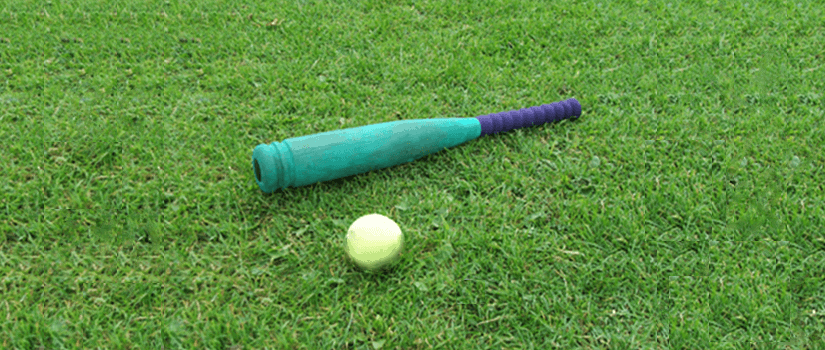
End Of An Era
Rounders is currently played by seven million children in 80 per cent of UK secondary schools, and is one of the most popular options amongst the 100,000 teenagers who opt to take GCSE PE each year. Although the exact origins are unknown, different variations of the game have been played in England since Tudor times and it is now regulated by Rounders England, following the creation of the first nationally formalised rules by the Gaelic Athletic Association in 1884. The sport is a striking and fielding team game, where points are scored each time a player hits the ball and completes a circuit of the track. It suits varying levels of ability, and can be played at any age and in any environment, as either a competitive or recreational activity for fun and fitness. In a report detailing the physical and mental health benefits of outdoors sport such as rounders, Pretty et al (2005) noted the additional benefits that ‘green exercise’ offered compared to indoors sports. They found that the synergistic effects of outdoor exercise generated positive physical and mental health benefits regardless of the level of intensity or duration, and stressed the strong therapeutic value of participating in outdoor physical activity.
Yet the Department of Education has recently chosen to axe the sport from the PE GCSE. Until now rounders had been one of over 40 different sports and activities that students could be assessed on. But the government has now reduced this number dramatically, cutting out sports such as judo, karate, mountain-biking and windsurfing. GCSE students will now be assessed in three of the remaining activities, including one team sport.
The reaction from Rounders England has been one of deep disappointment, and there are concerns that this move will impact the provision of rounders in schools in future. Rounders has traditionally been seen as a leveller in terms of ability, a game that requires tactics and teamwork, but one that is attractive even for those who would not usually consider themselves sporty. All players take part in running, batting, throwing, and catching, which affords some flexibility to those who may not be particularly skilled in one area. It allows individuals who may usually feel intimidated in more mainstream sports to develop their confidence slowly in different areas.
The Department for Education explained that they are reforming qualifications to ensure they remained demanding, of high quality and academically rigorous. All sports included in the new PE GCSE activities list had to meet strict criteria based on how reliably and accurately they could be assessed and how comparable they were in order for all students to be marked fairly (Department of Education, 2015). They added that although rounders had been removed from the assessed activities list, schools remained free to continue teaching rounders in PE lessons.
References
- Department of Education (2015) ‘Guidance: GCSE physical education’. Available at: https://www.gov.uk/government/publications/gcse-physical-education [Accessed February 4th 2015].
- Pretty, J., Griffin, M., Peacock, J., Hine, R., Sellens, M., South, N. (2005) A Countryside for Health and Wellbeing: The Physical and Mental Health Benefits of Green Exercise. Countryside Recreation, 13(1)2:7. Available at: http://www.docs.hss.ed.ac.uk/education/outdoored/health_wellbeing.pdf [Accessed February 4th 2015].
- Women’s Sport and Fitness Foundation (n.d) ‘Changing the game for girls’. Available at: https://www.womeninsport.org/changing-the-game-for-girls-2/ [Accessed February 4th 2015].


[…] Rounders Scrapped From PE Curriculum […]
[…] Rounders Scrapped From PE Curriculum […]
[…] Yet the Department of Education has recently chosen to axe the sport from the PE GCSE. Until now rounders had been one of over 40 different sports and activities that students could be assessed on. GCSE students will now be assessed in three of the remaining activities, including one team sport. via […]